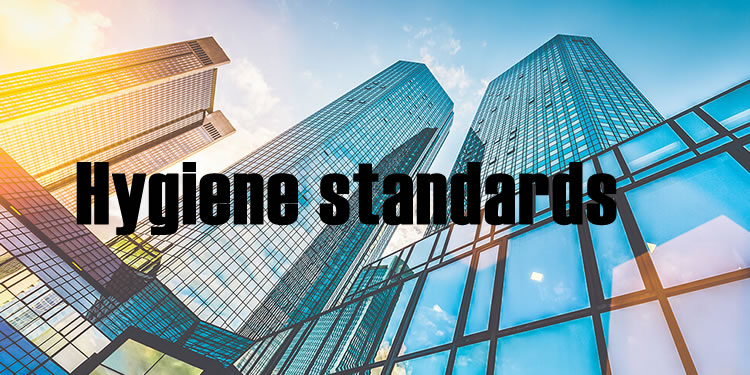Hygiene standards in commercial premises
It is necessary to ensure that the latter fully meets hygiene standards. It is necessary to ensure compliance with the rules of hygiene, in particular if your business sector is focused on catering and food distribution.
Commercial hygiene standards are set by European measures. They concern entrepreneurs who prepare foodstuffs with a view to redistributing them to the consumer or delivering them directly to the consumer.
To comply with these standards, it is imperative to comply with the various hygiene rules imposed. It is also important to know that any establishment that delivers food directly to consumers must absolutely register with the veterinary services of its city.
In this context, the veterinary services will be able to carry out regular checks in order to verify whether the establishment in question complies with the imposed hygienic standards.
In the event that the commercial premises violate the hygiene rules, the operator of the business will be held responsible and will have to bear the financial penalties for upgrading.
Hygiene standards applicable to all commercial premises
Hygiene rules apply to business premises as well as their equipment, water supply, measures vis-à-vis personnel, food products and waste emitted.
The rules of law stipulate that any establishment with at least 50 employees must have health, safety and working conditions committees. The fundamental measures to be observed whatever the nature of the premises or the number of employees are:
• A constant state of cleanliness in the premises.
• Protect employees against cold and bad weather.
• Have well-lit rooms to avoid visual fatigue.
• Minimise exposure to noise.
• Maintain proper attire in the room.
• Provide single-sex sanitation facilities.
The labour inspectorate and town hall services in your city are able to carry out checks to ensure that hygiene standards are respected in commercial premises. If a room is not up to standard, a report affirming the violation will be drawn up against the head of the establishment, who will have to make the necessary changes within a specific time frame.




No Comments